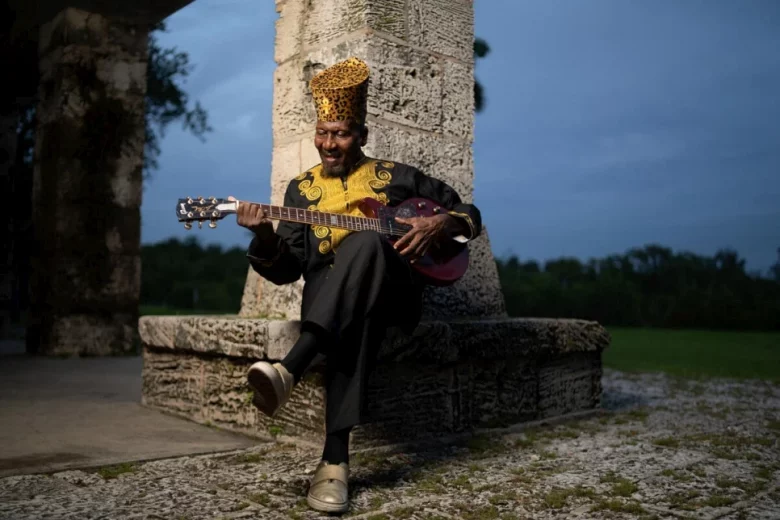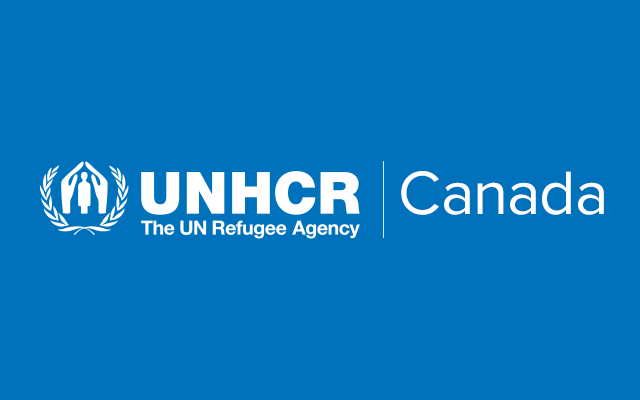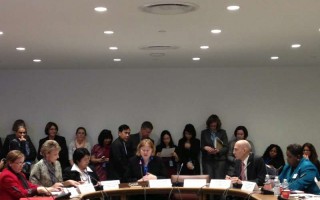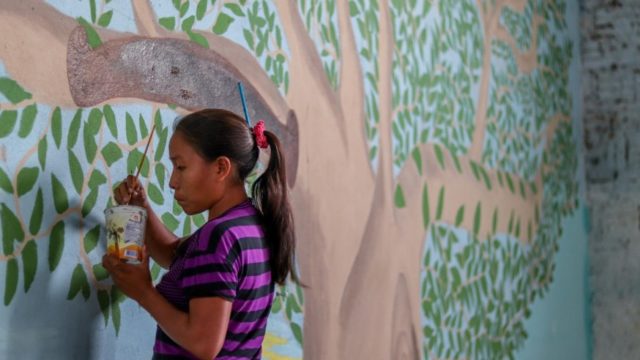
Jimmy Cliff for his new album ‘Refugees’. © UNHCR
By UNHCR
With its message of peace, love and humanity, ‘Refugees’ is also a call to action.
With a career stretching back over 50 years, Jamaican musician Jimmy Cliff is often known as the “Grandfather of Reggae”.
Now the 78-year-old is using his first album in over a decade to shine a light on people forced to flee.
“Refugees” – which includes a title track by the same name – is due to be released on 12 August. It continues Cliff’s long tradition of penning thought-provoking anthems.
“The lyrics are self-explanatory and inspired by what you see going on in the world with refugees,” he says.
Cliff, best known for songs such as “Many Rivers to Cross” and “The Harder They Come”, helped popularize reggae music around the world. He is the only living musician to hold the Jamaican Order of Merit, the country’s highest honour for arts and science.
Writing on his Instagram account, he describes “Refugees” as “not just a song, but a movement.”
“As a humanitarian, I wrote the song due to emotional feelings towards freedom taken away from human beings. None of us should be forced by violence, economics, war, or persecution to leave our country against our will”.
Keen to ensure that everyone who hears the album knows how they can support refugees, Cliff teamed up with his record label, Universal Music Enterprises, and UNHCR, the UN Refugee Agency, to create a web page setting out some of the different ways.
They include volunteering and donating to refugee organizations, welcoming refugees into communities, and helping to raise awareness about issues affecting them, by amplifying their voices and breaking stereotypes around them.
Cliff says he views refugees as ordinary people who are also “quite extraordinary people, because they make miracles happen”. He describes negative attitudes towards them as stemming from “ignorance and wrong judgement” as well as the harmful effects of racism.
One of the 13 tracks on the album is called ‘Racism’ and features a emotional collaboration with his daughter, Lilty Cliff.
In an ideal world, he says, refugees would not exist anymore. “I know it’s utopian,” he says, adding that for now he will settle for them having “equality/equity, truth, and justice.”
Originally published by UNHCR on 12 August 2022.





